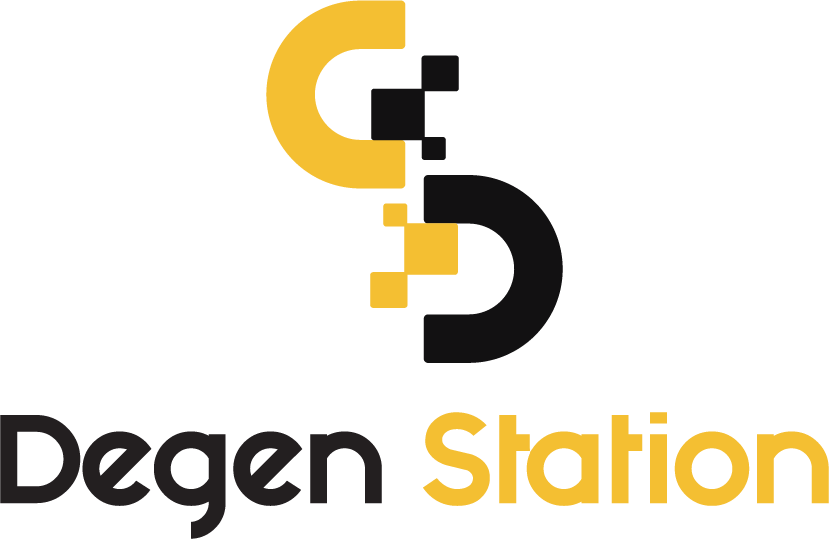Vitalik Buterin Proposes Solution for Enhanced Privacy for Ethereum Users

Ethereum founder Vitalik Buterin recently published a blog post proposing a new solution called "Stealth Address" to bolster privacy protection for blockchain users.

In his post, Vitalik emphasized that privacy protection remains one of the ecosystem’s significant challenges and that "addressing this issue is critically important."
An incomplete guide to stealth addresses:https://t.co/21Q18BrD30
— vitalik.eth (@VitalikButerin) January 20, 2023
The proposed Stealth Address concept aims to create privacy-enhanced transactions by generating temporary addresses based on users' public keys. To access these private transactions, users would need a special type of key known as a "spending key." Essentially, for each transaction, users would create a temporary "Stealth Address" to safeguard their personal information on the blockchain.

Vitalik illustrated the process with the following example:
- Bob creates a Stealth Address, which can be thought of as a secure "box."
- Bob sends this box to Alice (either directly or through an ENS registration).
- Alice performs some calculations to authenticate the box.
- Alice deposits her assets into this Stealth Address.
- Finally, since Bob created the box and holds the key, he can decode and retrieve the assets from the box.
This concept is not entirely new; it's reminiscent of how messaging apps used to operate in the early internet era. However, optimizing it for transparency while maintaining privacy in the Web3 space presents a different set of challenges.
Privacy is a major concern for the Ethereum ecosystem, especially given that all transaction details are public on the blockchain. Many current solutions, such as Tornado Cash, face limitations, according to Vitalik, because they only support common token standards like ERC-20 or pure ETH.
The Stealth Address proposal introduces a new mechanism to enhance privacy protection for NFTs and ENS (Ethereum Name Service) domains.
Nevertheless, it's important to acknowledge that these privacy solutions still face significant questions, particularly legal ones. In August 2022, a Tornado Cash developer was arrested in connection with investigations into money laundering activities facilitated through the protocol.
Recent blog posts from Vitalik Buterin have increasingly focused on application improvements. Previously, he discussed Soulbound Tokens—a type of non-transferable identification token that could be used to address governance voting issues.
>> Read More: Vitalik Buterin Discusses the Future of the Crypto Market
Additionally, in a related post on Ethereum's concerns, Vitalik also highlighted the real-world applications of cryptocurrency.





